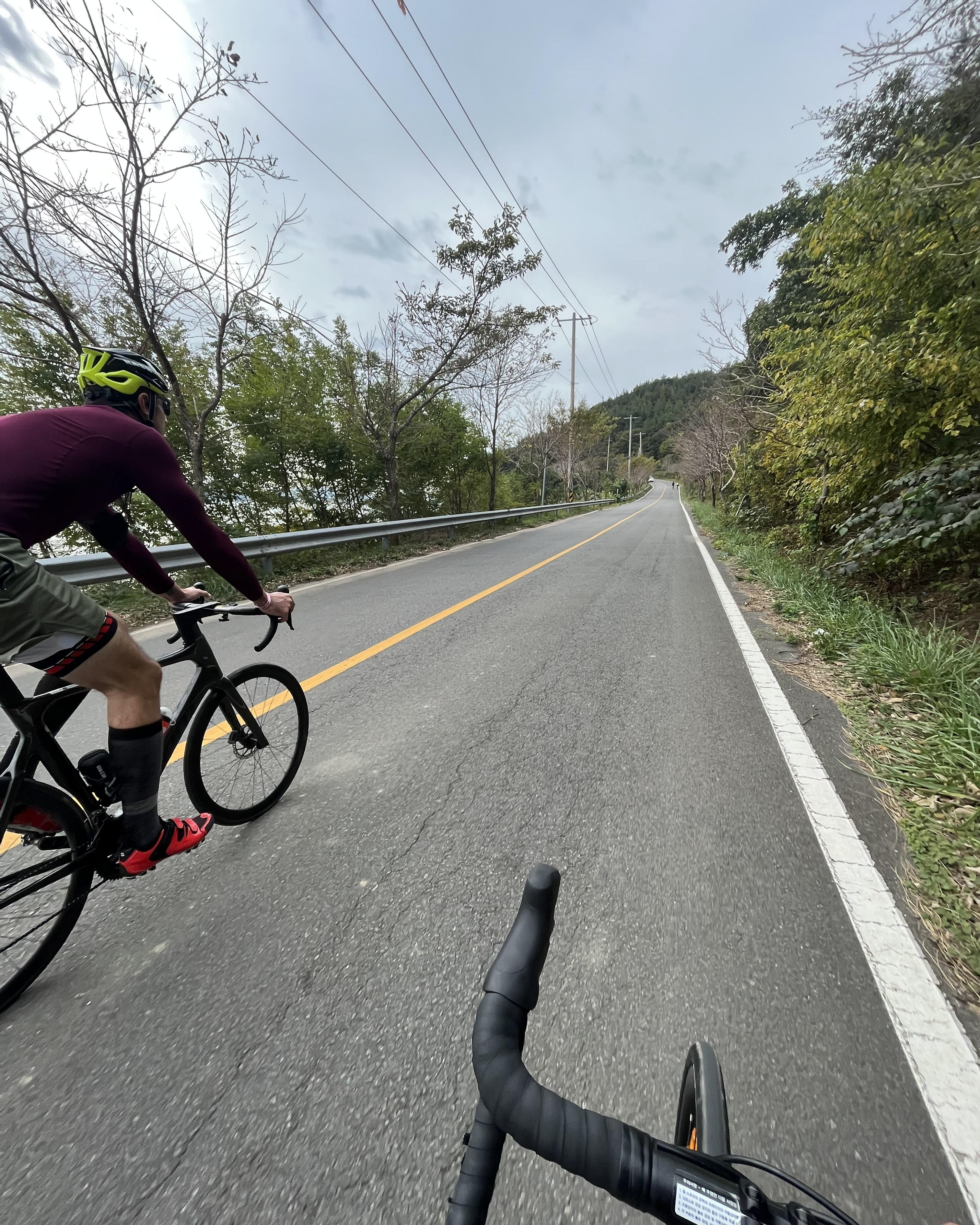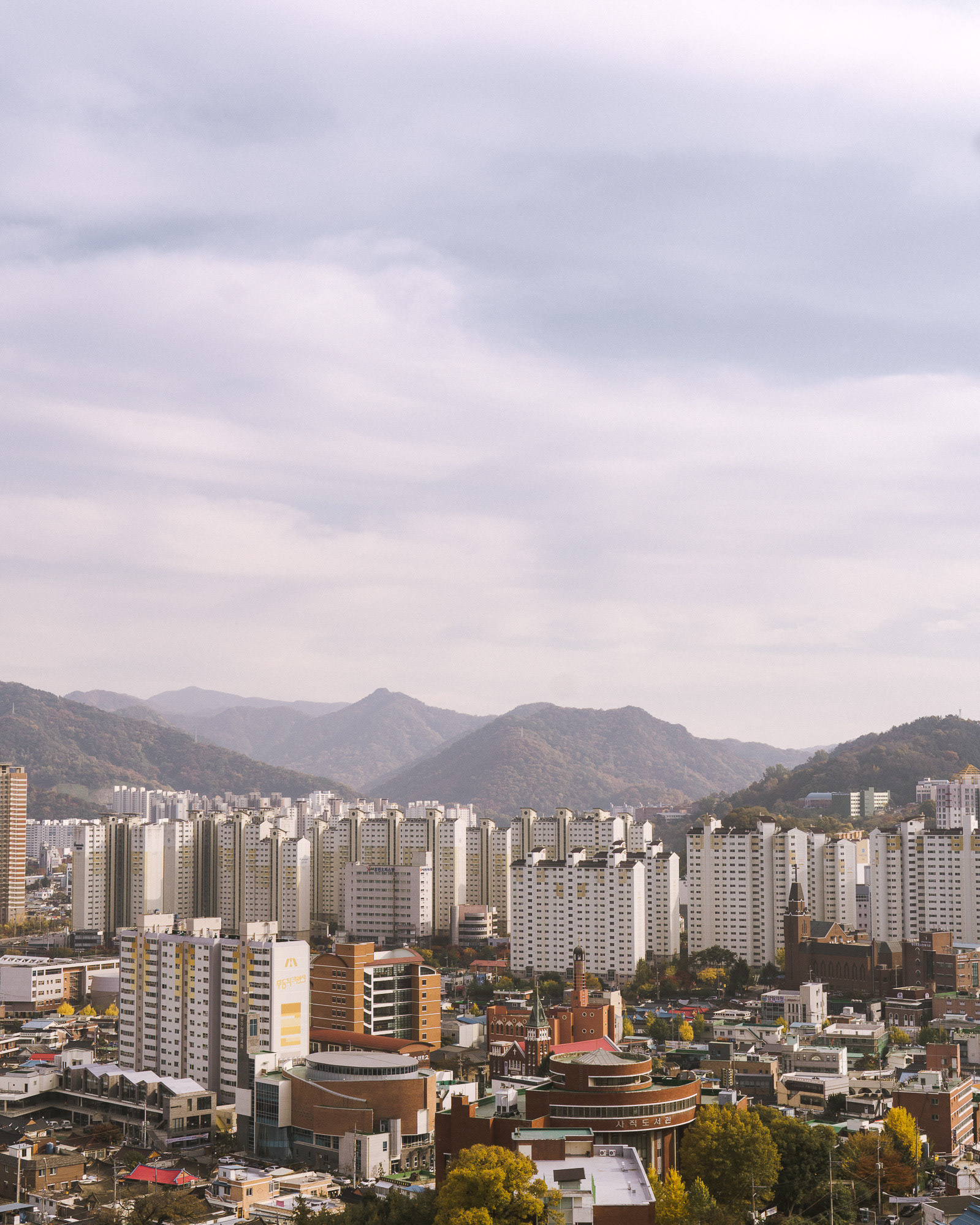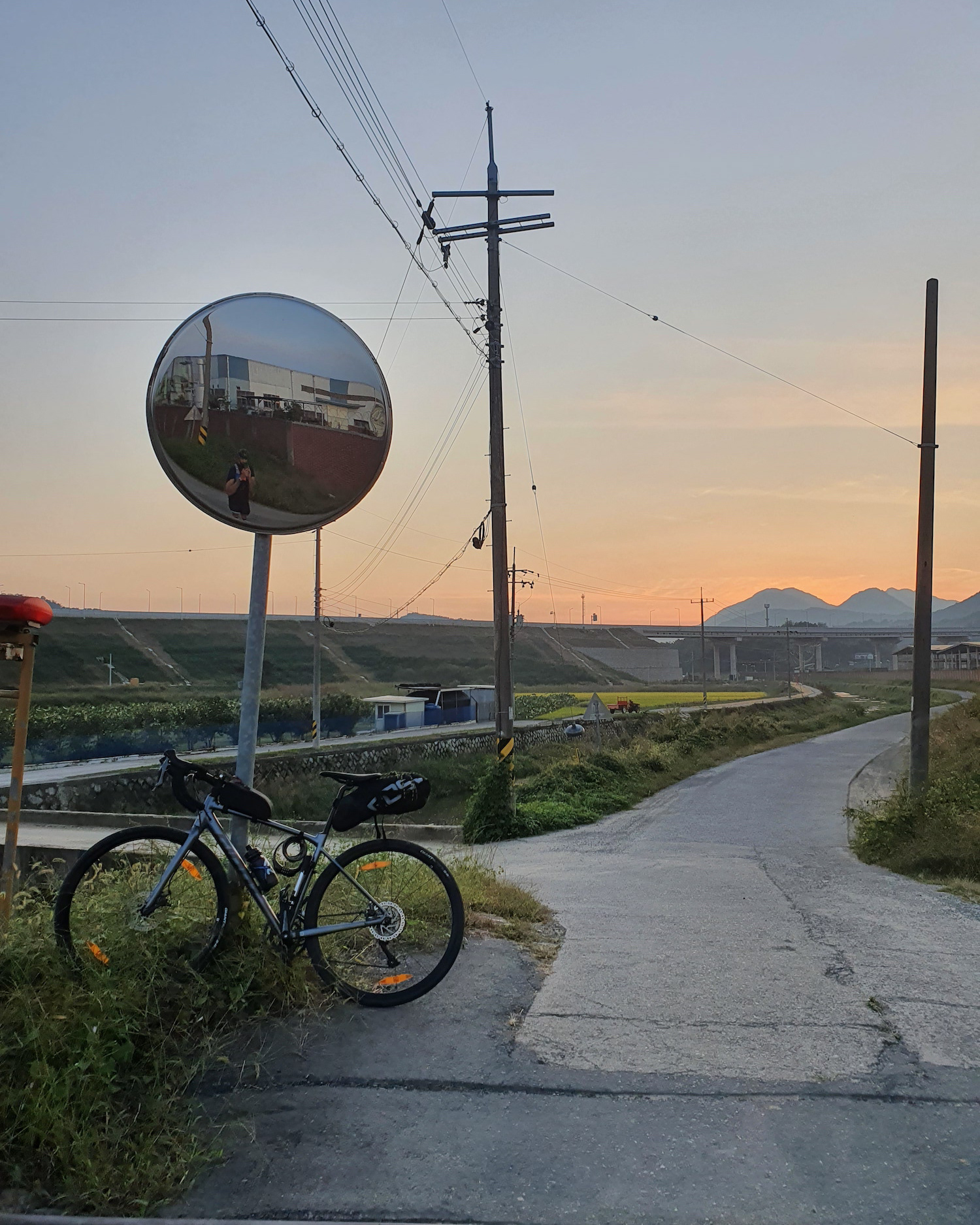“I just want someone who will stay,” she remarked – this after I asked her what she was looking for. “Everyone leaves,” she lamented, rattling off a list of friends who’d made the move back home.
These were the words of someone I met on a trip across South East Asia. If you’ve chatted to an expat who’s made a life abroad then perhaps you’ve heard something similar. To some, this lifestyle is nothing more than a passing phase; a time-filler for a past life that they’ve become disillusioned with. Inasmuch as travelling and living abroad is an edifying experience, it simply doesn’t lend itself to settling down – especially when you’re in places that are completely unfamiliar. No matter how well-integrated you become, how well you ingratiate yourself with the locals, or how fluently you speak the language, laying down long-term roots in a foreign land is something that only very few are compelled to do. And more power to them.
Finding permanence then, is seemingly impossible, especially as travelling becomes just as much about conspicuous conquests as it does about experiences. The unfortunate reality is that for the many incredible people you meet along the way, cementing any truly long-lasting bonds is generally out of the question due to factors like distance, language differences and the overarching fact that one day, you will inevitably return to your home country. Now that’s not to say that this is a fait accompli for everyone, but here’s my take on finding some sort of permanence in transient places.
1. Enjoy the moment
Just soak it all up. Don’t worry about what happens tomorrow, or the day after that. This is not to say be myopic, but rather make the most of your situation. You’ve moved abroad (or travelled) for a reason, so don’t let the worry of your impending departure dampen the enjoyment of the present.
2. Be upfront with your intentions
Once you do come to the end of your term (travel or stay) you need to be open and honest about what you want to do next. One of the toughest things for me to do was to tell my colleague that I wouldn’t be renewing my teaching contract at my school for another year, to which she replied: “Where will I find a replacement for you?” Jobs are perhaps the best example of transient ‘places’ as people really do come and go. If you’ve got a good relationship with the people (or person) that you work with then it’s unfair to string them along. As tough as it may be, just be open and honest about your plans so they can manage their expectations accordingly.
3. Come to terms with the fact that you’re in a transient place
This one is just about accepting the situation for what it is. Don’t fool yourself into thinking that you’ll stay, when you won’t. It creates an expectation and attachment that makes it difficult to prise yourself away from the situation or place where you are. If you can accept that you’re in the middle of a revolving door, then you can better manage your expectations around the people and colleagues (and in my case, students) that you befriend.
When all is said and done, it’s only human that we would seek out something that allows us to settle down. It’s in our nature to create places that feel familiar; that feel like home. Just remember this: Everyone leaves, but that doesn’t necessarily mean that some won’t return.
If you enjoyed this article, sign up for monthly updates as I post travelogues about my trips throughout East and South East Asia, along with videos around street and travel photography.










